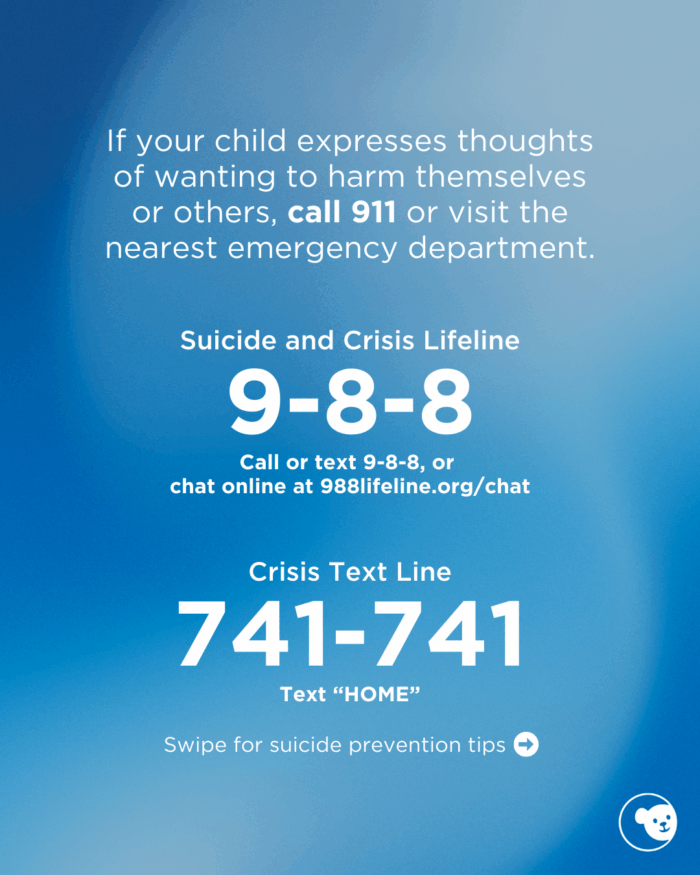Social media can be a fun but dangerous place. To protect yourself from being exploited, bullied, disrespected or tricked, it is important to follow some important rules for social media safety.
Follow the rules
Be honest with your parents about the apps you download and the content you access. Adults can help protect you from predators and from content that might be inappropriate or dangerous.
Think before you post
Do not post or share messages, pictures or videos that you would not want the world to see. You cannot control how information is shared by those who see it, even if you post it privately or later delete it. Remember that can never permanently erase something that has been published on the internet. You could face consequences later on in school, college interviews or job applications, for example.
Be aware of your privacy settings
Make sure you know who can see what you post. The safest choice is usually to allow only your friends to see what you post. Always disable location services. Although it can be fun to let your friends know where you are, this also allows people with bad intentions to know how to reach you. Never share your passwords with anyone other than your parents.
Be cautious of requests by strangers
Play it safe and only accept friend requests from your real-world friends. Do not agree to meet strangers offline, and never give away your phone number or address.
Be kind
Remember that online communication does not allow you to tell how others are feeling, as you cannot see their facial expressions or hear their voice. Make sure that what you write cannot be misinterpreted. Be respectful of others’ posts, even if you don’t agree with them. If you wouldn’t say something to someone’s face, don’t say it online.
If you are being cyberbullied, reach out
Tell an adult you trust, such as a parent, teacher or school counselor, if you or anyone you know is being cyberbullied. Do not delete any communications. Save all screenshots and emails so you can show an adult. Block the person who is harassing you and make copies of all communications if needed.
Avoid overusing social media
It’s easy to get “sucked in” on social media and spend much more time than you intended to on it. But when people spend a lot of time on social media, they are at a higher risk of experiencing negative consequences, such as disrupted sleep and what researchers call “Facebook depression” (low self-esteem associated with comparing self with others who are thought to be “better off”). Spend quality time offline as well. Setting a timer or a time limit on your phone’s settings for social media apps can be helpful.
Crisis Resources
If your child expresses thoughts of wanting to harm themselves or others, call 9-1-1 or visit the nearest emergency department.
988 Suicide and Crisis Lifeline:
Call 9-8-8
Text any message to 9-8-8
Chat online at 988lifeline.org/chat
Crisis Text Line:
Text “HOME” to 741741
Save for later
Download, print or share on social media.

External Resources
American Psychological Association
Promoting healthy technology use for children
Child Mind Institute
Media Guidelines for Kids of All Ages
Healthychildren.org
Family media plan and media time calculator
Healthychildren.org
Dangerous internet challenges
The New York Times
How to use TikTok’s parental controls
YouTube
Parent resources for YouTube
Facebook
Safety resources for parents
Instagram
Parental guide for teens on Instagram
Learn more about CHOC’s pediatric mental health services
At CHOC, we specialize in providing a full spectrum of pediatric mental healthcare, including inpatient, intensive outpatient and outpatient program services.




